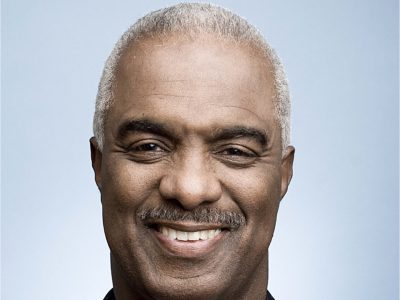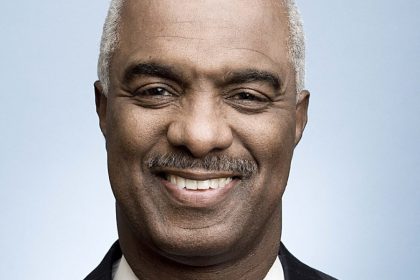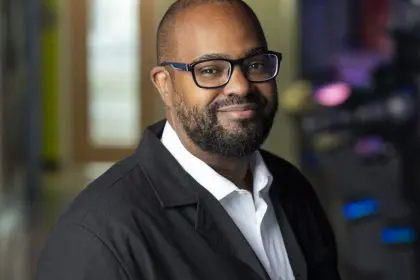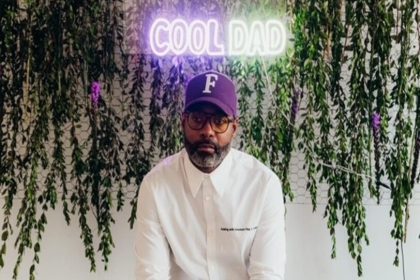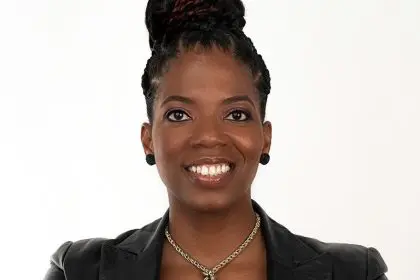
At the helm of one of the nation’s most influential energy conglomerates, Southern Company Chairman, President and CEO Chris Womack, navigates the complex intersection of infrastructure modernization, climate imperatives and economic pragmatism. Overseeing an enterprise that serves 9 million customers across seven states, Womack has positioned the Atlanta-based utility as both steward of traditional power generation and catalyst for America’s clean energy evolution.
Since assuming leadership, Womack has accelerated Southern Company’s strategic recalibration toward carbon reduction while maintaining its renowned operational reliability. The company’s portfolio — spanning electric utilities in three states, natural gas distribution in four, and an expanding network of renewable assets — reflects his methodical approach to energy transition: deliberate progress without disruption to the critical services upon which industries and communities depend.
Industry analysts note that Womack’s tenure has been characterized by substantial investments in emerging technologies, from advanced nuclear facilities to a rapidly expanding electric vehicle infrastructure. His administration has secured Southern Company’s position within the vanguard of American utilities pursuing decarbonization while simultaneously reinforcing the grid resilience essential to economic security in an increasingly electrified economy.
What does INROADS come to mean for you?
INROADS is about hope and opportunity, preparation, building and working well with others. I found myself becoming affiliated with INROADS back in the nineties and had never heard of them before.
But I was in Birmingham, Alabama, and they decided they wanted to establish an affiliation in Birmingham, and so working with them, getting to know INROADS, the philosophy, the approach, the concept, what they do with interns and their partnerships with various companies was so impressive, thoughtful and powerful. It was something that I was incredibly impressed with then, and continue to be impressed with INROADS to this day.
What are two of the impacts that it has had? Not only what impressed you, but just principles that you’ve kept with you along the way?
It was the students who participated in the program. I mean, the work they did with the companies as a part of the internship, the work that INROADS did with them in terms of the Saturday sessions and all the other work, to make sure that students were prepared to be successful in those internships, understanding the nature, the makeup of companies and corporate institutions, and what success looked like, and how to behave, how to dress, how to perform, how to ask questions, how to work with others, just the whole comprehensive focus they put on that entire experience.
Just the long term commitment. Once you are part of INROADS, you’re always a part of INROADS, and them not ever letting you get too far away from INROADS and that association, and that network that is so caring and nurturing, encouraging and supportive is something that clearly makes a lifelong difference in individuals’ lives and careers.
As CEO, what have you found that you’re now sharing with interns that come through, sharing vision and hope with them?
As you think about success, it varies for individuals, but there are also, some common elements which aligns with, the focus of INROADS in terms of that preparation and that commitment to hard work, but also that real commitment to teamwork and family, and creating a nurturing environment around you.
To give you the help and support that you need to be successful. But also, if there’s some things you got to get better at, you have to improve on bringing that forward and putting together a plan, a strategy to make sure you’re getting better, and that you’re overcoming any deficiencies or areas of improvement that are there. That comprehensive focus on success and understanding the factors that contribute to a successful job performance, also to a successful career.
When you think about future proofing for all those young executives that hope to themselves be CEOs, what do you think are the key ingredients to being able to future proof yourself?
It’s about unleashing your potential, understanding your potential, and not being limited. It’s about putting in the hard work, being a good teammate, and continuing to be a student of the business, the economy, and the markets—what’s happening around you. It means understanding that and having something I call relentless curiosity—a drive to look around corners, anticipate what’s coming, be prepared for it, and seize the opportunity that may present itself.
A good collection of those things are factors that contribute to successful careers, but it will vary for each individual. You got to put the work in and you got to be prepared. You gotta study. You got to be a good student of the business and what’s going on. But as the world evolves, and as quickly as it evolves, it’s important to be prepared for change and for transitions. That’s where what I call that relentless curiosity really comes into play in terms of helping you not be intimidated, or be afraid of what’s coming around the corner.
How do you look around the corner? What media vehicles do you use to stay connected and forward thinking?
It’s a combination of things. I don’t think it’s any one or two things. I enjoy reading, and I try to make sure I read at least a book a month of some kind. It may be history, it may be just a simple, fictional novel, or it may be something more instructive about technology and has a real focus on the future. But I think a combination of all those things.
There should be some basic reading list of things in your space in your field that will always help you improve your game and understand what’s going on around you, and what may be forthcoming, but also then exposing yourself to various different, whether it’s podcasts or different conferences, or different engagements that talk about what’s next and what’s evolving, and how you can be more knowledgeable of those kind of things.
It’s kind of like I said, it’s not an exact list or a prescribed list of activities and events. But I think it’s a collection of some of those things, and just finding other individuals in different industries that you may be curious about, understanding what they’re doing, what they’re facing.
I mean, talk to people in the airline space, talk to people in the semiconductor space, talk to people in other countries – just a whole host of things, that are essential and important in terms of keeping yourself fresh, keeping yourself aware of what’s going on and what’s happening. I think it puts you in a better position for you in the role that you’re in. But also, I think it helps you lead in terms of prepare your organization for what’s coming. It helps you just as an individual in terms of keeping yourself sharp and fresh and prepared for the future.
When you think about energy and engineering, if you’re going to give a speech about energy and engineering the future, what would be the title of that speech and what would you challenge young people to do?
You can’t do it without us.
I mean, energy is such an essential part of our economy. We’re the first part – first 3, 4, 5% of the economy. But we fuel the other 95%. And so, you can’t do it without us.
The other thing is understanding the evolution of technology and how energy was made and power was produced, say, 100 years ago, versus how it’s being done today and knowing that is going to continue to evolve, there’s going to continue to be new technologies that will come about in terms of how we power the future, how we support this economy, how we protect the national security of this country! It’s such an intriguing industry. A lot of times, I think it has been taken for granted.
When you walk into your house and you flip the switch and you turn the lights on, you kind of assume it’s going to be there. When you look at and see conditions like in Puerto Rico, or just the past couple of days in Spain and Portugal, where the grid went dark, you realize the importance of it, and when you look at the advancements that are taking place in our economy and technology, how it’s advancing. But you recognize that those things can’t happen without power.
You recognize the essentiality of this business, and how critical is to our economy, to our country, and to the world. It’s something that I’m thrilled to be a part of, and I get excited when I talk about it.
For all those individuals, if you were going to talk about how to get ready for what we’re calling the future – how important is it to be open to change?
Once again, the change is going to happen. If we’re not changing, we’re standing still and if we are standing still, we’re losing ground. So prepare for it, recognize it as part of our reality, and we have to make sure that we’re prepared and equipped to accept change, understand change, manage change, lead through change, understand that change is a part of our life, part of this world, and we have to embrace it and take full advantage of opportunities to change, because it gives you the opportunity to also be better, because we, as individuals, can’t remain complacent and standing still, standing in the same place.
We must always find ways to make ourselves better. So embracing change and finding things we could improve on, finding parts of our lives, parts of our learning, parts of our brain that we need to strengthen and have it perform a little bit differently. Let’s figure out how to do that.
Did you ever imagine the things that are getting ready to be possible, thanks to energy and technology forging a new future? What’s it like to know that you’re powering the vision of many engineers and dreamers of the future?
It’s exciting. We’ve always talked about power in the future and building the future of energy. We’ve always recognized the importance of it and the role that it plays. I mean, did we see kind of this demand that is here, that is in front of us? No. This industry, since the advent of air conditioners and heat pumps, we’ve been pretty flat for a long time in terms of growth.
But when we see double digit growth in the future and the role that technology plays, the role that generative AI, artificial intelligence plays, autonomous vehicles, just robots, and all the things that are in our future, electric vehicles, just so many things that are being powered by energy and by the work that we do.
It’s exciting to know that we’re really making a difference. And I think in all of our lives as we think about what we do and what we want to accomplish. Yeah, we want to have a good job, want to have a good family.
We want to be a good community citizen, and do all the right things, and continue to express our faith and build on our faith. But we also at the end, we want to make a difference. And so I think we find ways in a lot of different ways to do that. But I think we wanna, as one of my friends say, not just make a living, we want to make a difference. And so, that’s the opportunity that I think is so exciting for us.


